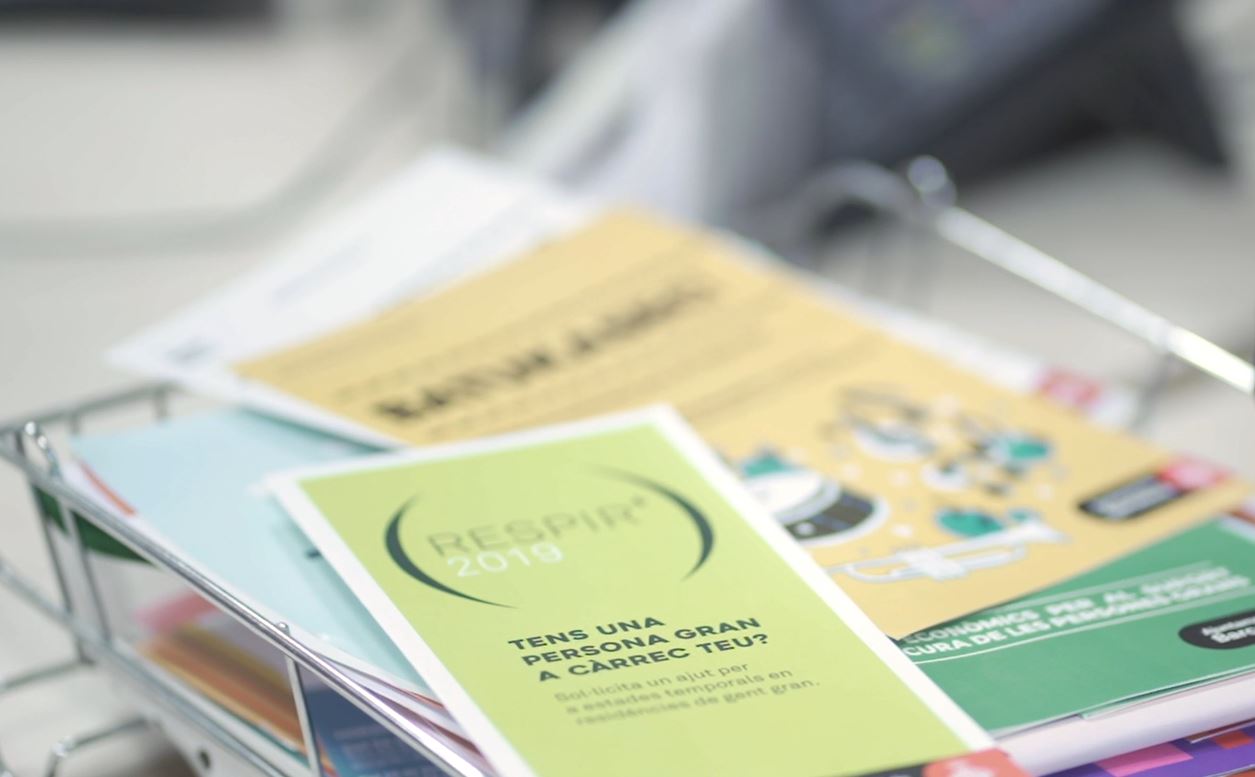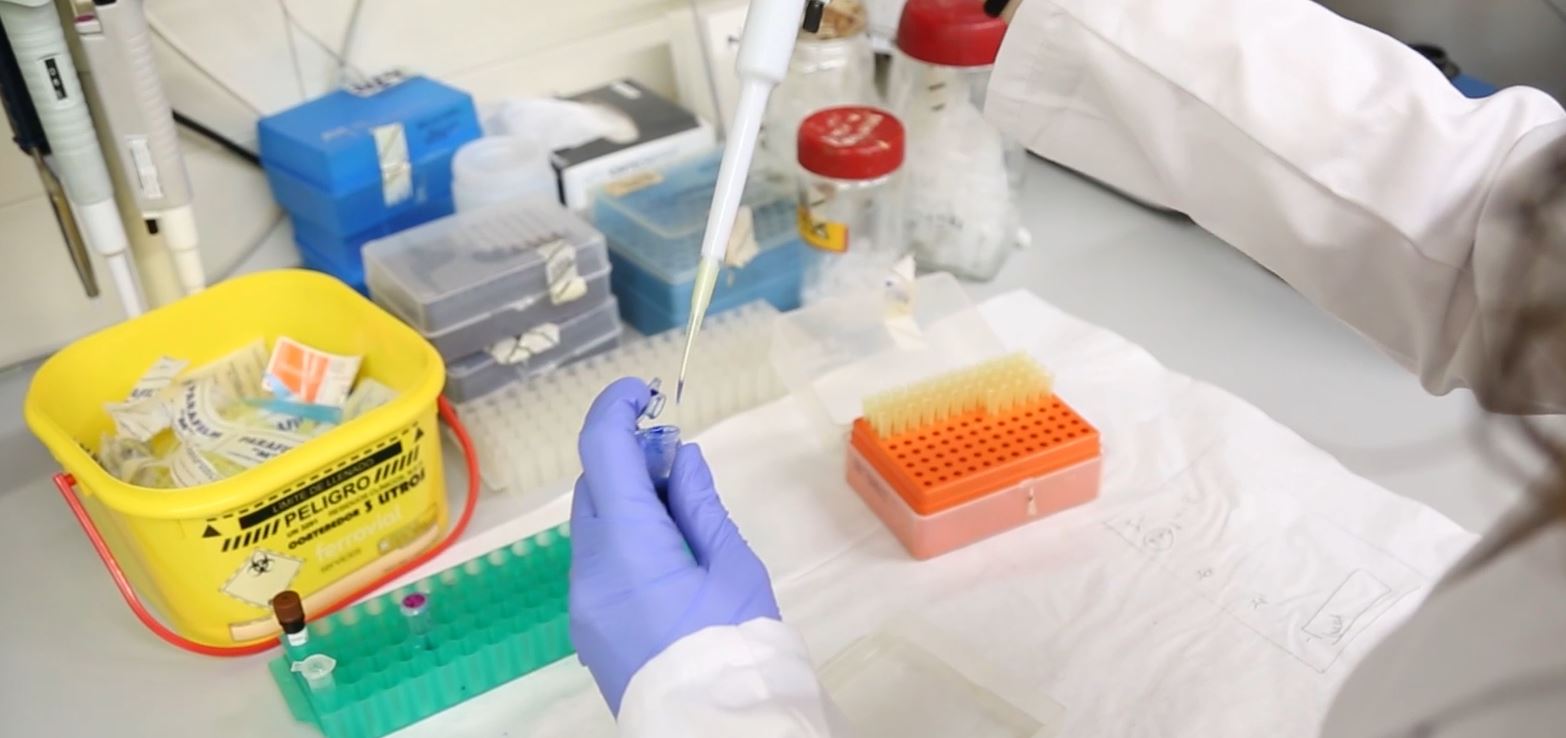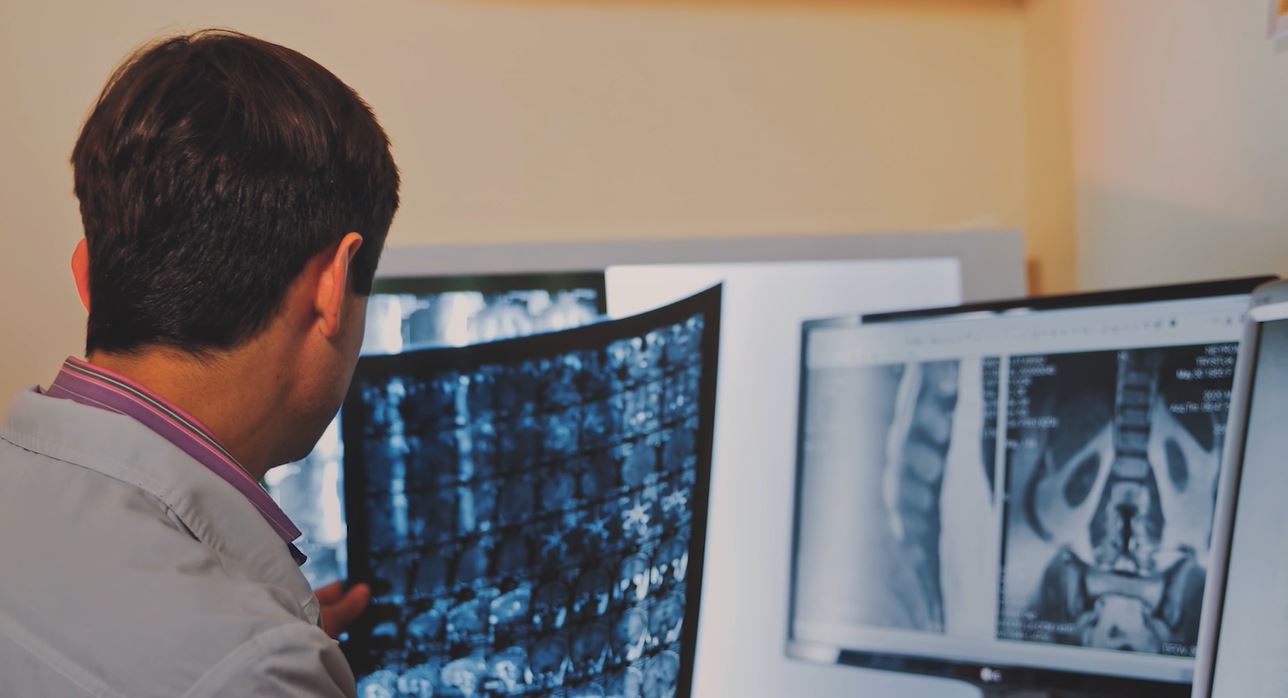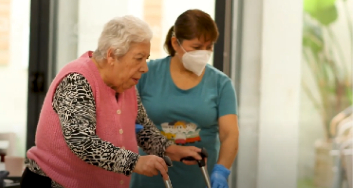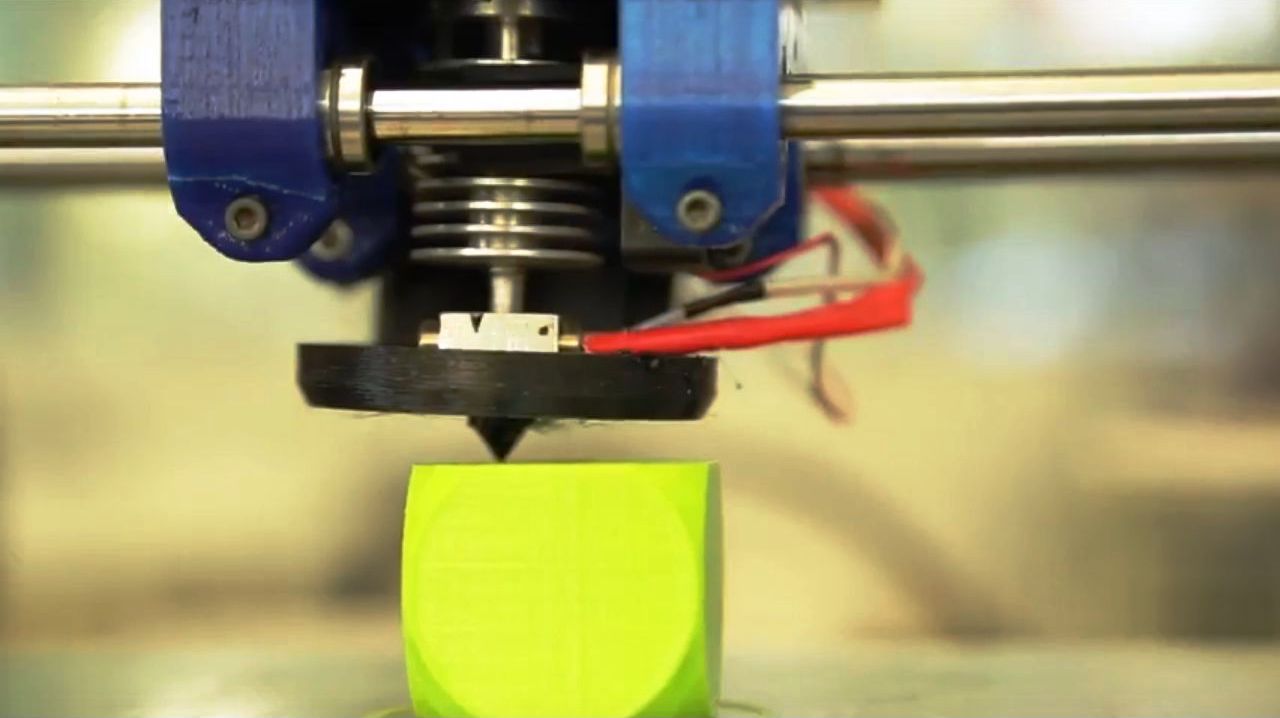
Radiodiagnosis Nuclear Medicine Technician
Other denominations
Specialist in Nuclear Medicine; Nuclear physician.
Description
A radiodiagnosis nuclear medicine technician is a doctor who uses the radioactive properties of certain substances for diagnostic applications (because of radiation's ability to make internal organs and biochemical processes visible) and to treat illnesses (because of the ability of intense radiation to kill cells).
These doctors use radioactive isotopes, nuclear radiation, electromagnetic variations of components of the atomic nucleus and related biophysical techniques for medical prevention, diagnosis, therapy and research. In addition, they know and study the biological phenomena that generate radioactive isotopes, the use of cyclotrons and nuclear reactors to produce radionucleidos for medical use, and the application of image reconstruction systems and data processing systems.
A radiodiagnosis nuclear medicine technician should have sound knowledge of various basic and applied sciences, such as physics, chemistry, electronics, cybernetics and pharmacy, and other branches of medicine, such as physiology, pathophysiology and radiology, to obtain information on the morphology and functioning of the organs of the body marked with radioisotopes.
Tasks
- Establish the diagnostic and therapeutic procedures involved in the different areas of the speciality.
Also carry out, interpret, apply and explain said procedure in the appropriate manner.
Assess the cost-effectiveness and cost-benefit ratio when deciding to conduct one or various tests. Choose the safest, most sensitive, most specific and less costly one. - Apply knowledge and techniques specific to the profession in different aspects of prevention: hygiene, prophylactic and preventive medicine and radiation protection.
- Participate in basic and applied research projects using radioactive isotopes and related techniques.
Collect, order and convey data from examinations, following the appropriate method, to further scientific progress.
Systematise necessary sources in order to regularly review data aquired from patients.
Correctly apply basic statistics concepts and correlation techniques when assessing examinations, interpreting results and taking decisions.
Refresh knowledge and skills using necessary sources.
Promote scientific meetings and participate in them. - Conduct diagnostic tests, obtaining morphofunctional information (structure and functioning of the human body) in healthy or ill patients.
Administer radioactive tracers (substances which are added to organs and emit a small amount of radiation that gives essentially functional information).
Choose the best radioactive tracer for each examination and establish the minimum dose required and the guidelines for administration.
Detect radiation with suitable devices and transform it into an electrical signal can be analysed by computer and represented as an image.
Analyse and interpret the image obtained, acquiring information on the arrival of the radiopharmaceutical to the organ, its distribution and its subsequent elimination.
Properly inform patients and relatives about the characteristics of the procedure, its risks and the benefits justifying it. - Use the principles of nuclear medicine to treat certain pathologies by administering radiopharmaceuticals to patients.
Choose the best radiopharmaceuticals for each treatment and establish the administration guidelines and dose.
Manage or control the administration of treatments.
Actively participate in developing monitoring plans for patients.
An expert in nuclear medicine also treats and prevents the biological effects caused by exposure to external ionising radiation.
Properly inform patients and relatives about the characteristics of the treatment, its risks and the benefits justifying it. - Know, use and control methods and systems (eg cyclotron) to generate artificial radionuclides in order to use them as radiopharmaceuticals.
Develop procedures manuals for quality control of radiopharmaceuticals according to regulations established by the Spanish Agency of Medicines and Health Products (AGEMED) and by other European agencies.
Establish a specific quality control plan for every radiopharmaceutical.
Control the parameters necessary to ensure quality, radiochemical purity, particle size and number, etc. using analytical methods described in the European Pharmacopoeia.
Make sure that quality plans include the maintenance and calibration of detection and measurement devices and equipment and the cleaning of material and the workspace.
Regularly review protocols. - Establish appropriate radiation protection and safety measures at work for each situation, according to current regulations and ensuring that people, facilities and the environment are protected against radioactive contamination.
Develop standards for handling radionuclides in a solid, liquid or gaseous state.
Develop procedures of storing, treating and disposing of radioactive waste.
Establish protective measures for exposed staff, patients, communities and towns.
Organise and implement emergency plans for possible accidents.
Treat and monitor patients injured or potentially affected by the effect of ionising radiation, establishing measures for decontamination and removal of radioactive substances.
Supervise, control and ensure the enforcement and follow-up of established regulations.










 | Catalan | Beginner
| Catalan | Beginner | Catalan | Advanced
| Catalan | Advanced
 Open
Open | English | Beginner
| English | Beginner